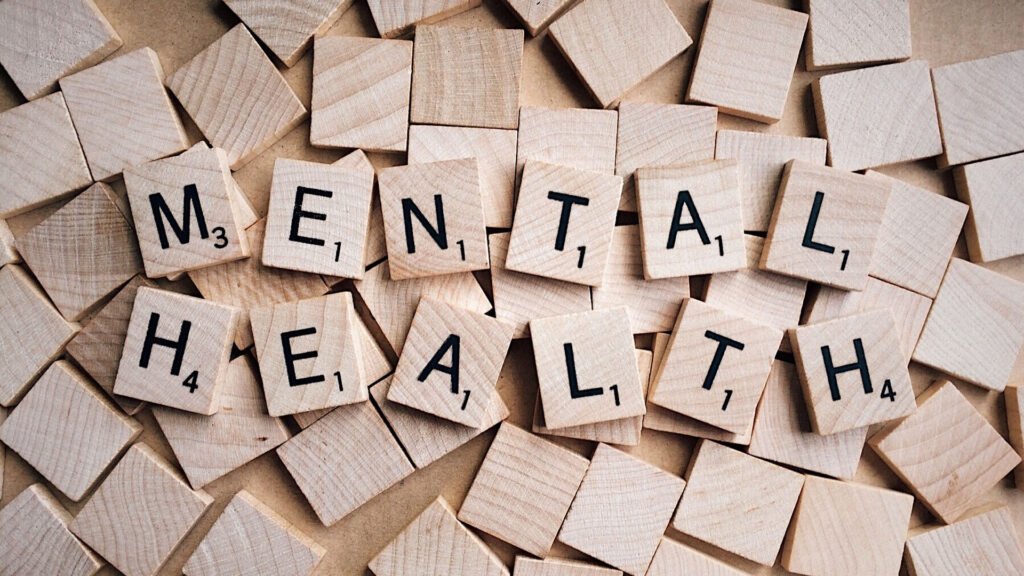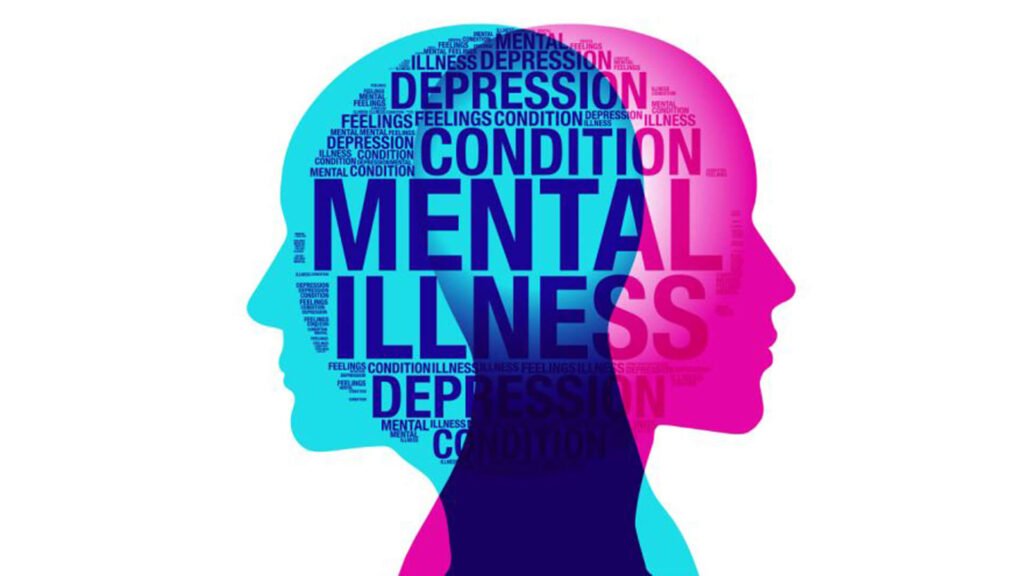Mental Health and Well-being in Schools: The value of mental health in educational settings has come into sharper focus in recent years. Schools are becoming recognized as essential settings for promoting it in addition to being sites for academic learning.

The Growing Need for Mental Health Support
the Students may experience anxiety, depression, and other mental health issues as a result of the social and academic pressures of school.. The emotional demands of teaching, long hours, and high expectations all cause severe stress for educators.
Impact on Academic Performance and Social Development
For instance, anxiety might result in difficulties focusing, poorer academic performance, and higher absenteeism. The development of critical life skills including resilience, emotional control, and effective communication is aided by mental health support. Schools can support children in developing these abilities and assist them in managing stress, forming healthy relationships, and cultivating a positive self-image by incorporating mental health education into the curriculum.

Awareness and Education
To increase awareness and lessen stigma, mental health education should be incorporated into the school curriculum. Programs that inform kids about mental health concerns and encourage constructive coping mechanisms can give them the confidence .
Access to Professional Support
It is essential to have psychologists, school counselors, and mental health specialists on hand. For students with particular needs, these specialists can offer support, crisis intervention, and individual counseling.

Training for Educators
It is important for educators and school personnel to be trained in identifying mental health symptoms and knowing how to react to them. By fostering a supportive environment, this training enables educators to recognize and manage mental health issues at an early stage.
Creating Safe Spaces
Students should be able to talk about their emotions and get support in safe, friendly environments provided by their schools.
Engaging Parents and Guardians
Including families in mental health programs helps improve kids’ support networks. For parents who want to better understand and support their children’s health needs, schools can provide programs and materials.

The Role of Policy and Leadership
Strong leadership and encouraging policies are necessary for effective mental health support at the district and school levels. Education leaders need to make mental health a top priority, incorporate it into school policy, and budget resources appropriately.
Conclusion
As our understanding of mental health advances, schools must continue to be flexible and dedicated to implementing efficient support systems. They will help build a stronger, more resilient, and caring educational community by doing this.
FAQs
Why is mental health important in schools?
The mental health in schools cannot be overstated, as it has a direct bearing on kids’ academic performance, social interactions, and general growth. In order to keep teaching in a pleasant environment, avoid burnout, and retain job satisfaction, educators must take care of their mental health.
What are common signs that a student may be struggling with mental health issues?
Mood swings, disengagement from social interactions, behavioral changes, decreased academic performance, frequent absences, altered sleep habits, and emotions of helplessness or worry are typical warning indicators.
How can schools support students’ mental health?
By providing thorough counseling services, incorporating mental health education, and fostering an open and supportive environment, schools may promote the mental health of their pupils.
How can schools address mental health stigma?
By including mental health education in the curriculum, encouraging candid communication, and offering easily accessible support options, schools can combat the stigma associated with mental illness.
What are some examples of successful mental health initiatives in schools?
Peer support programs, mindfulness trainings, and school-wide mental health awareness campaigns are examples of effective mental health efforts in education.


